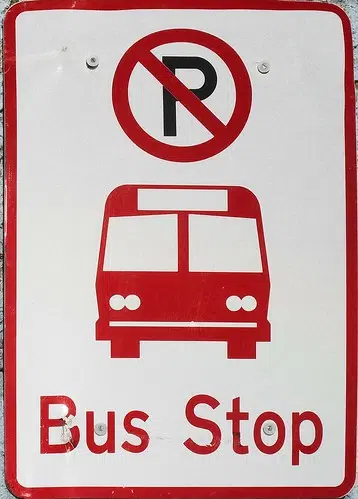LANSING, MI (WKZO AM/FM) — Public transit systems will join Michigan’s COVID-19 vaccination efforts by transporting people to vaccines and vaccines to people with a focus on marginalized populations including the homebound, disabled, unsheltered, unemployed, low-income, seniors and communities of color, state and transit officials announced Monday.
“As COVID-19 vaccine supply increases and all Michigan residents 16 and older become eligible to receive the vaccine on April 5, it is time to take things to the next level,” director of the Protect Michigan Commission Kerry Ebersole Singh said in a statement. “Michigan’s partnership with public transit leaders, who have already been providing service to and from vaccine appointments, is a vital step to ensure vaccine equity and awareness across the state.”
As the state and nation work to deliver COVID vaccines to all who are eligible, Michigan’s public transit systems have the assets to support the equitable distribution of vaccines to people in rural and urban areas who face transportation and access challenges.
The “Ride to Your Dose of Hope” service from Michigan’s transit systems will help achieve vaccine equity.
Bradley T. Funkhouser is the chief executive officer of the Capital Area Transportation Authority, which serves much of the Greater Lansing area.
“Michigan’s public transit systems are uniquely positioned to support the state’s COVID-19 vaccination efforts by transporting arms to shots and shots to arms,” Funkhouser said in a statement. “It is our obligation as public transportation systems to do what we can to make the COVID vaccine accessible to all residents, and we know our systems are positioned to help achieve an equitable distribution of vaccines to people and communities that face transportation obstacles.”
In 2019, Americans took 9.9 billion trips on public transportation, reaching more than 81,400,000 passengers in Michigan alone, according to available data.
“Transit systems with the ability to do so will be working with state and county health departments, hospitals and other vaccine providers to support two essential goals to help Michigan emerge from the pandemic: vaccine safety education and vaccine transportation services for people in need,” executive director of the Michigan Public Transit Association Clark Harder said in a statement.
Buses and special transportation vehicles operated by transit system across Michigan are available to take people who lack access to regular transportation to vaccination events and sites. In some instances, they can also be equipped as mobile vaccine units that can transport vaccines to people.
For public education, some systems will use bus wraps, social media channel content, and other communications tools to help their riders and communities understand that all three adult-use vaccines are safe and effective. Public health experts stress that all three vaccines (Pfizer, Moderna and Johnson & Johnson) are safe and effective in preventing COVID-related hospitalization and death in thousands of clinical trial participants.
As a result, they strongly urge people to get whichever vaccine is available to them at their scheduled vaccination appointment.
Ingham County Health Director Linda Vail said transit system support should help with the effort to vaccinate people who lack access to regular transportation.
“Vaccine equity is absolutely essential to reaching community-wide protection against COVID-19,” Vail said. “We know that barriers exist within communities that have been disproportionately impacted by this virus, including transportation, so this partnership is key to breaking down those barriers and increasing vaccinations.”
In addition to public education, some transit systems are providing free or low-fare transportation to vaccine locations for any person who needs a ride. People should contact their local or county transit system for details about the vaccination transportation options available in their community.
“As CATA, Eatran and Clinton have done, we believe public transit systems with the resources and assets should step up to support efforts for equitable vaccination distribution,” executive director of the Tri-County Regional Planning Commission Jim Snell said. “As a regional partner, we recognize that marginalized populations face transportation obstacles to being vaccinated. That’s why we are more than happy to support mid-Michigan’s transit systems and join with partners across the state so that we can safely emerge from this pandemic.”
CATA provided the resources to create and produce bus wrap advertising about the safety and effectiveness of the COVID vaccines, and will also provide information via social channels. CATA is sharing the communications materials it produced with transit systems across Michigan that want to deploy them in their service areas.
CATA is working with the state, Ingham County Health Department and its regional transportation partners, including Eatran in Eaton County and Clinton Transit, to get everyone in the mid-Michigan region vaccinated.






